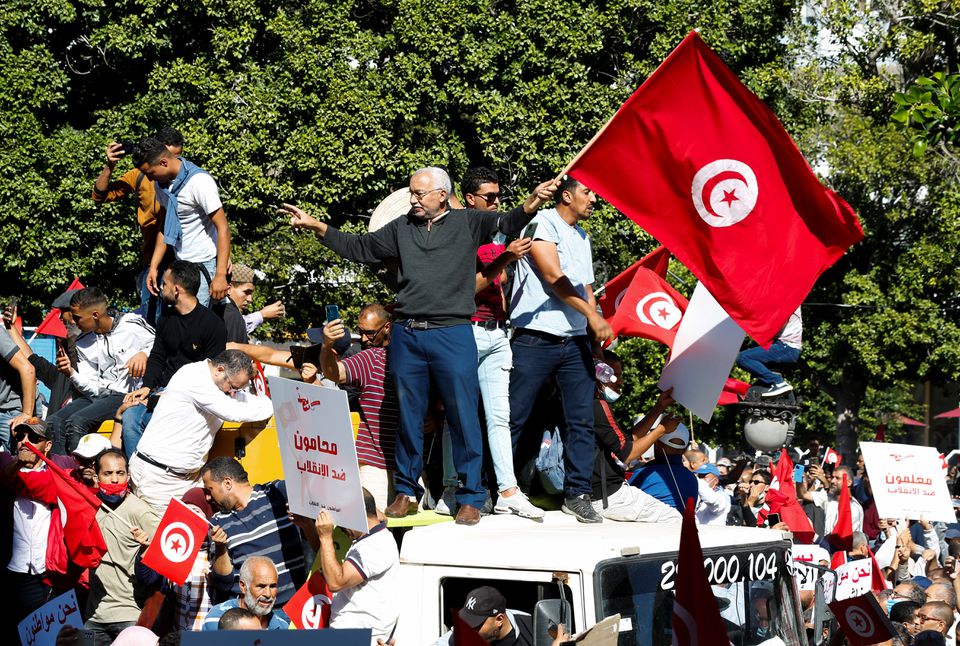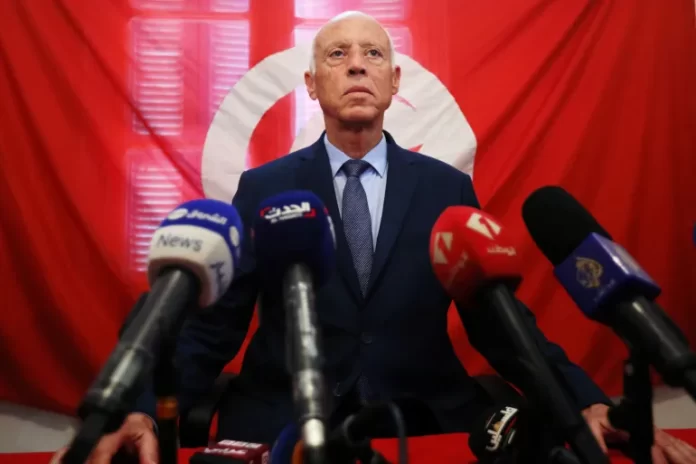Facebook Twitter (X) Instagram Somali Magazine - People's Magazine
Tunisia is currently embroiled in a significant political crisis following President Kais Saied’s controversial decision to dissolve the Tunisian parliament and assume full executive powers. This move has led to widespread protests and raised serious concerns about the future of democracy in the country.
Decision to dissolve the Tunisian parliament
On July 24, President Kais Saied announced the dissolution of the Tunisian parliament and declared that he would take on executive powers. This decision follows months of political deadlock and economic turmoil in the country. Saied, who was elected in 2019, has justified his actions by citing the need to address corruption and inefficiency within the government.
Public Response the Move by Tunisian President to dissolve the Tunisian parliament
The president’s move has sparked widespread protests across Tunisia. Thousands of citizens have taken to the streets in cities such as Tunis, Sfax, and Sousse, expressing their discontent and calling for the restoration of parliamentary democracy. Protesters fear that Saied’s actions represent a dangerous slide towards authoritarianism, undermining the democratic gains made since the 2011 revolution that ousted longtime dictator Zine El Abidine Ben Ali.
International Reactions the dissolution of the Tunisian parliament
The international community has expressed deep concern over the developments in Tunisia. The United Nations, European Union, and various human rights organizations have urged President Saied to respect democratic principles and restore the functioning of democratic institutions. UN Secretary-General António Guterres emphasized the importance of “dialogue and adherence to constitutional frameworks” in resolving the crisis.

Political and Economic Implications the dissolution of the Tunisian parliament
Tunisia has been grappling with severe economic challenges, including high unemployment, inflation, and public debt. The political instability has further exacerbated these issues, leading to fears of a worsening economic situation. The dissolution of parliament and the assumption of executive powers by the president have also led to uncertainty regarding the country’s future political direction.
Calls for Dialogue
Amidst the turmoil, there have been calls for dialogue and negotiation to resolve the crisis. Opposition parties, civil society groups, and international observers are urging President Saied and other political leaders to engage in constructive dialogue to find a peaceful and democratic solution to the impasse.
Conclusion
Tunisia’s current political crisis marks a critical juncture for the country’s democracy. The president’s decision to dissolve the parliament and assume executive powers has sparked significant unrest and raised concerns both domestically and internationally. As the situation develops, the focus remains on ensuring that Tunisia’s democratic institutions and principles are upheld.

